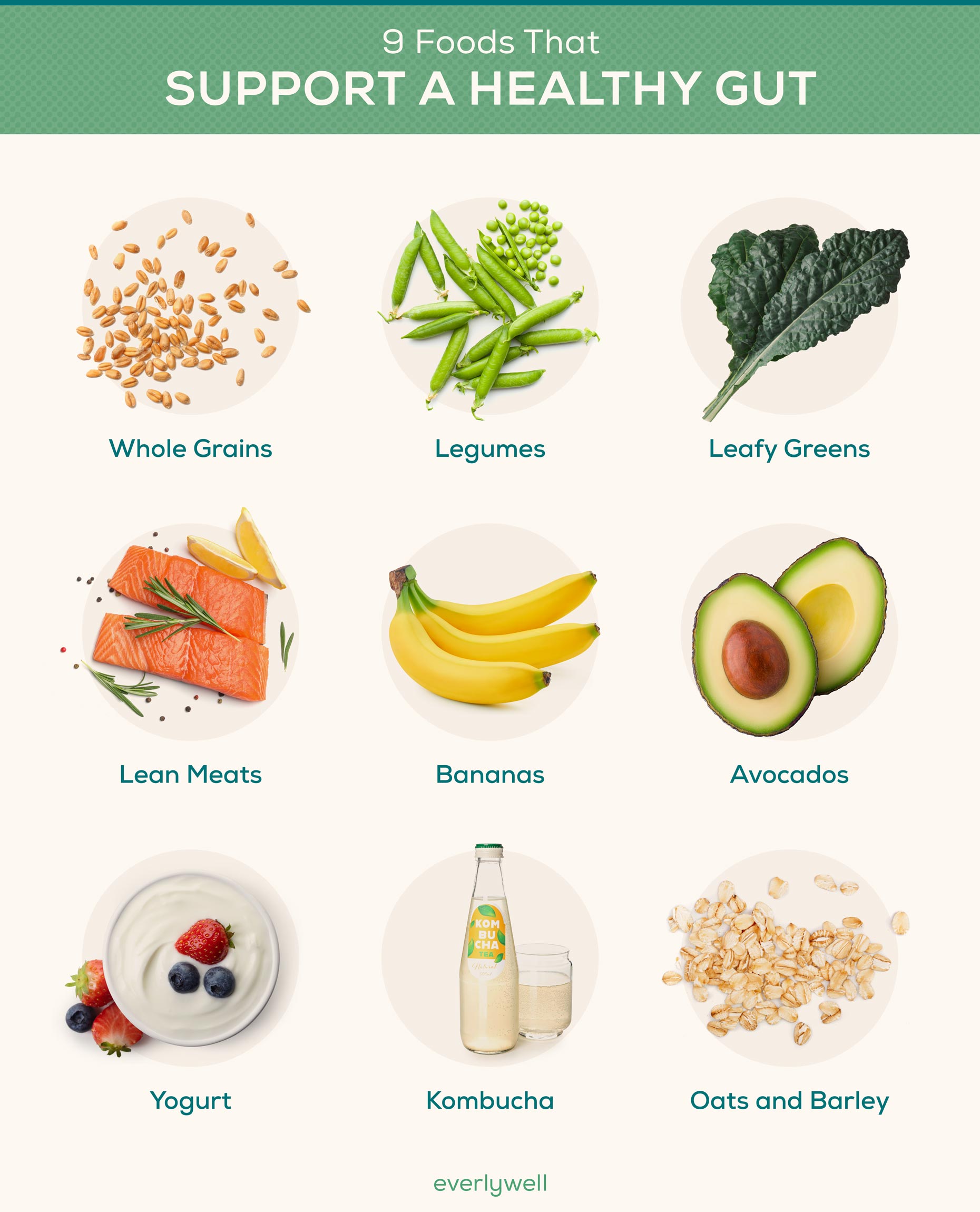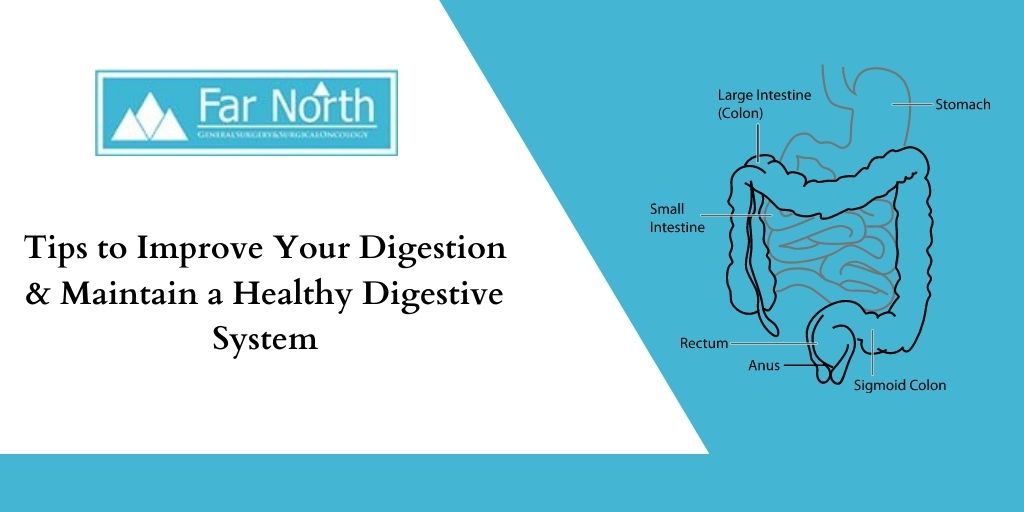A healthy digestive system is crucial for overall well-being, as it plays a vital role in breaking down food, absorbing nutrients, and eliminating waste from the body. Proper digestion is essential for maintaining a healthy weight, preventing digestive disorders, and supporting a strong immune system. When the digestive system is compromised, it can lead to various health issues such as bloating, gas, constipation, and nutrient deficiencies. Taking steps to maintain a healthy digestive system is important for optimal health and vitality.
Overview of the digestive system
The digestive system is a complex network of organs and processes that work together to break down food, absorb nutrients, and eliminate waste from the body. It starts with the mouth, where food is chewed and mixed with saliva, then moves through the esophagus to the stomach, where it is further broken down by stomach acid and enzymes. Next, it enters the small intestine, where nutrients are absorbed into the bloodstream. The remaining waste then travels through the large intestine before being eliminated as stool. A healthy digestive system is vital for overall well-being and requires proper nutrition, hydration, exercise, and stress management to function optimally.
Key factors affecting digestive health

Key factors affecting digestive health include maintaining a balanced diet, staying properly hydrated, engaging in regular exercise, and managing stress levels. A diet rich in fiber, fruits, vegetables, and probiotics can promote a healthy gut. Adequate hydration helps with digestion and prevents constipation. Regular physical activity improves bowel movements and reduces the risk of gastrointestinal issues. Managing stress through techniques like meditation or deep breathing can alleviate digestive discomfort. Taking these steps can help maintain a healthy digestive system.
Balanced Diet for Digestive Health

A balanced diet is crucial for maintaining a healthy digestive system. It should include a variety of fiber-rich foods such as whole grains, fruits, and vegetables, as well as lean proteins and healthy fats. These nutrients help to support proper digestion, prevent constipation, and promote the growth of beneficial gut bacteria. Incorporating probiotic-rich foods like yogurt and fermented vegetables can also contribute to a healthy gut. Avoiding excessive intake of processed foods, fried foods, and sugary drinks is important for digestive health as well.
Nutrients essential for a healthy digestive system
A healthy digestive system relies on a variety of essential nutrients. These include fiber, which aids in digestion and prevents constipation, as well as vitamins and minerals that support overall gut health. Incorporating foods such as whole grains, fruits, vegetables, lean proteins, and healthy fats into your diet can provide the necessary nutrients for optimal digestion. Additionally, staying hydrated is crucial for proper digestion, as water helps soften stools and keeps the digestive system running smoothly.
Foods to promote gut health
Incorporating foods that promote gut health is essential for a healthy digestive system. Some examples include probiotic-rich foods like yogurt and sauerkraut, which help maintain a balance of good bacteria in the gut. Fiber-rich foods such as whole grains, fruits, and vegetables can improve digestion and prevent constipation. Additionally, ginger, peppermint, and chamomile tea are known to soothe the digestive system. Including these foods in your diet can support overall digestive health and ensure smooth digestion.
Hydration and Digestion
Proper hydration is crucial for a healthy digestive system as it helps maintain the flow of fluids in the body, aiding in digestion and preventing constipation. When dehydrated, the body extracts more water from the colon, leading to harder stools.
Benefits of staying properly hydrated for digestion
Staying hydrated promotes regular bowel movements, softens stools, and prevents bloating and gas. It also supports the absorption of nutrients and helps flush out toxins from the body. To ensure optimal digestion, aim to drink at least 8 cups of fluids per day, mainly water.
The link between hydration and digestive system function
Proper hydration is crucial for a healthy digestive system as it helps maintain the flow of fluids in the body, aiding in digestion and preventing constipation. When dehydrated, the body extracts more water from the colon, leading to harder stools. Staying hydrated promotes regular bowel movements, softens stools, and prevents bloating and gas. It also supports the absorption of nutrients and helps flush out toxins from the body. To ensure optimal digestion, aim to drink at least 8 cups of fluids per day, mainly water.
Benefits of staying properly hydrated for digestion
Staying properly hydrated is essential for optimal digestion. It helps maintain the flow of fluids in the body, aiding in digestion and preventing constipation. Proper hydration promotes regular bowel movements, softens stools, and prevents bloating and gas. It also supports nutrient absorption and helps flush out toxins from the body. Aim to drink at least 8 cups of fluids per day, primarily water, to ensure your digestive system functions properly.
Regular Exercise and Digestive Health
Regular exercise plays a crucial role in maintaining a healthy digestive system. Regular physical activity helps stimulate the muscles in the digestive tract, promoting efficient digestion and preventing common issues like bloating and constipation. It also helps control weight, which is important for overall digestive health. Engaging in aerobic exercises, such as walking or cycling, can enhance blood flow to the intestines, improving nutrient absorption. Aim for at least 30 minutes of moderate exercise most days of the week to support a healthy digestive system.
How physical activity impacts the digestive system
Regular exercise has a positive impact on the digestive system by stimulating the muscles in the digestive tract, promoting efficient digestion and preventing issues like bloating and constipation. Engaging in aerobic exercises, such as walking or cycling, can enhance blood flow to the intestines, improving nutrient absorption. Aim for at least 30 minutes of moderate exercise most days of the week to support a healthy digestive system.
Best exercises for promoting a healthy digestive system
Engaging in exercises like yoga, jogging, and swimming can help promote a healthy digestive system. These activities stimulate the muscles in the digestive tract, aiding in digestion and preventing issues such as bloating and constipation. Additionally, exercises that involve stretching, such as yoga, can help improve circulation and reduce stress, which can also benefit digestion. Aim for at least 30 minutes of moderate exercise most days of the week to support a healthy digestive system.
Stress Management for Better Digestion
Stress can negatively impact digestion by causing symptoms such as stomachaches, indigestion, and changes in appetite.
Stress-relief techniques to improve digestion
Practicing stress management techniques like deep breathing, meditation, and exercise can help reduce stress levels and improve digestion. Additionally, getting enough sleep, maintaining a healthy work-life balance, and seeking support from loved ones can also contribute to better digestion.
Conclusion
To maintain a healthy digestive system, it is essential to prioritize stress management alongside a balanced diet, hydration, and regular exercise. By implementing these tips, individuals can support their overall digestive health and improve their well-being.
Effects of stress on the digestive system
)
Stress can have detrimental effects on the digestive system, leading to symptoms like stomachaches, indigestion, and changes in appetite.
Stress-relief techniques to improve digestion

Stress-relief techniques can significantly improve digestion. Here are some effective strategies:
- Practice deep breathing exercises to relax the body and mind.
- Engage in regular physical activity, such as yoga or walking, to reduce stress levels.
- Prioritize self-care activities, like getting enough sleep and taking breaks throughout the day.
- Try relaxation techniques, such as meditation or aromatherapy, to promote a calm state of mind.
- Seek support from friends, family, or a therapist to manage stress effectively.
Conclusion
Having a healthy digestive system is crucial for overall well-being. To maintain optimal digestive health, it’s important to prioritize a balanced diet, stay properly hydrated, engage in regular exercise, and manage stress effectively. By following these tips, you can support your digestion and promote a healthier gut. Remember to consult with a healthcare professional for personalized advice and guidance. Take care of your digestive system, and it will take care of you!
Summary of tips for maintaining a healthy digestive system
Eat a balanced diet that includes fiber-rich foods, such as fruits, vegetables, and whole grains. Drink plenty of water throughout the day to stay properly hydrated. Engage in regular exercise to promote healthy digestion. Manage stress through techniques like meditation or deep breathing exercises. By following these tips, you can maintain a healthy digestive system and improve overall well-being. Remember to consult with a healthcare professional for personalized advice and guidance. Take care of your digestive system, and it will take care of you!
Additional resources for digestive health support
Additional resources for digestive health support can be helpful in maintaining a healthy digestive system. These resources may include books or articles that provide information on proper nutrition and lifestyle choices for optimal digestion. Online forums and support groups can also offer valuable tips and advice from others who have experienced similar digestive issues. Additionally, consulting with a registered dietitian or healthcare professional specializing in digestive health can provide personalized recommendations and guidance. Remember to use these resources as tools to enhance your understanding and implement positive changes for your digestive well-being.
For More Blogs visit Aerns

